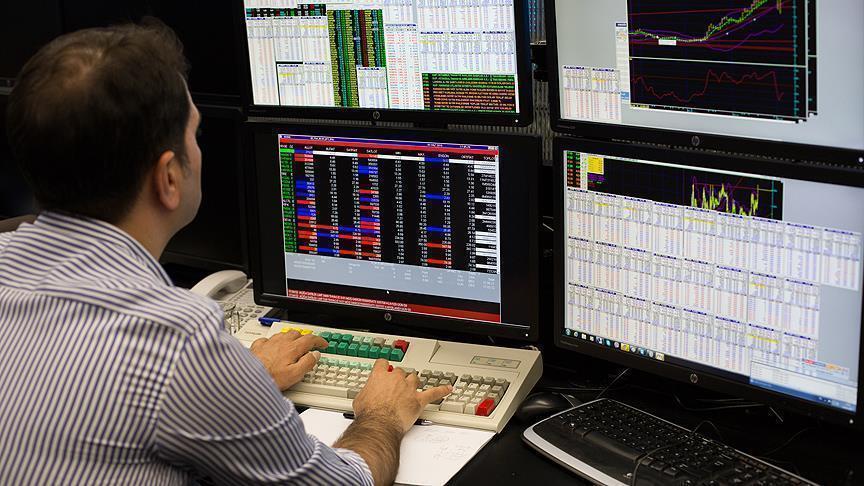
The European Bank for Reconstruction and Development (EBRD) has revised up economic forecasts for 2018 as a broad-based recovery continues across its regions, bolstered by stronger investment activity and higher exports.
Growth in Turkey is projected to moderate from 7.4 percent in 2017 to 4.4 percent in 2018 as the effect of fiscal stimulus wears off and as limits to credit growth lead to a cooling-down of domestic demand, the Bank said in a statement on May 9.
“But this may be partly offset by higher exports, reflecting weakness in the lira and rising demand in key export markets,” it added.
Growth is expected to moderate further in 2019, according to the Bank.
After suffering acutely during the global financial crisis, countries where the EBRD invests initially struggled to get back on a path to growth, but recovery took hold in earnest during 2017, the Bank said.
With expansion now seen in every one of the EBRD’s economies this year and next, the Bank’s new Regional Economic Prospects report is predicting average growth of 3.3 percent in 2018, an upward revision of 0.3 percentage points from the forecast last November.
It expects growth of 3.2 percent for 2019.
The report said economic momentum remained strong but that growth might now have peaked. The 2018 and 2019 predictions represent a slowdown from 3.8 percent in 2017, reflecting lower rates of productivity growth in advanced and emerging economies compared with levels seen before the 2008-09 crisis, as well as adverse demographic trends.
The EBRD’s Chief Economist Sergei Guriev said the lower productivity growth reflected the fact that most EBRD economies had exhausted the growth levers that had delivered rapid expansion until the onset of the crisis.
“In order to develop new sources of growth, these countries need to carry out structural reforms of product, capital and labor markets.
They need to improve governance, promote integration into the global economy, and invest in human capital and sustainable infrastructure,” Guriev said.
“The good news is that the current recovery provides a solid window of opportunity for such reforms,” he added.
The EBRD tracks economic trends in 37 economies across three continents, from Estonia to Egypt and from Morocco to Mongolia.
The EBRD report said its forecast was subject to several risks. A substantial rise in corporate debt levels was a source of concern as the resilience of the corporate sector to a significant tightening of global financing conditions was as yet untested.
It also said that while high EBRD stock market levels – which had broadly traced U.S. valuations not seen since the run-up to the 1929 stock market crash or at the height of the dotcom bubble in 2000 – were a sign of optimism, there was a risk of a sizeable downward correction if the mood changed.
“With constrained fiscal space and very accommodative monetary policy governments may have limited ammunition to respond to a major dip in market confidence.”
An additional concern was a further possible rise in the attraction of populist parties in an environment of moderate growth, and high and rising inequality.
“This means a challenging backdrop for deeper structural reforms,” the report said. Any further escalation of trade tensions may have significant repercussions for major exporters of manufacturing goods.
Other risks included persistent security threats and geopolitical tensions as well as a high degree of concentration of sources of global growth, with China accounting for up to half of the total.
Inflation had been high and rising in some countries such as Turkey, on the back of expansionary fiscal and monetary policies, and
Uzbekistan, after exchange rate liberalization, the Bank also warned.